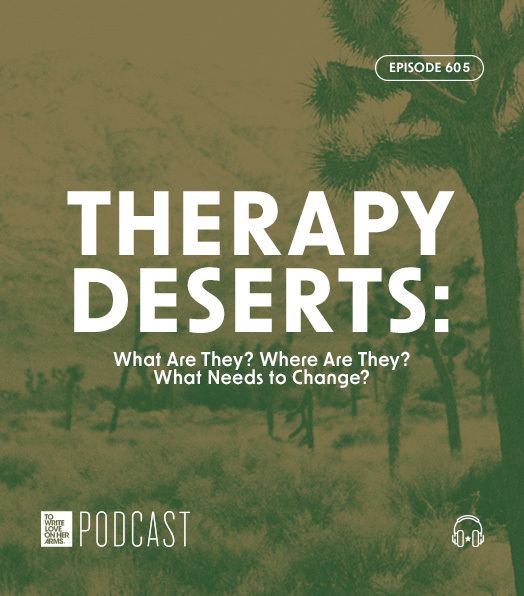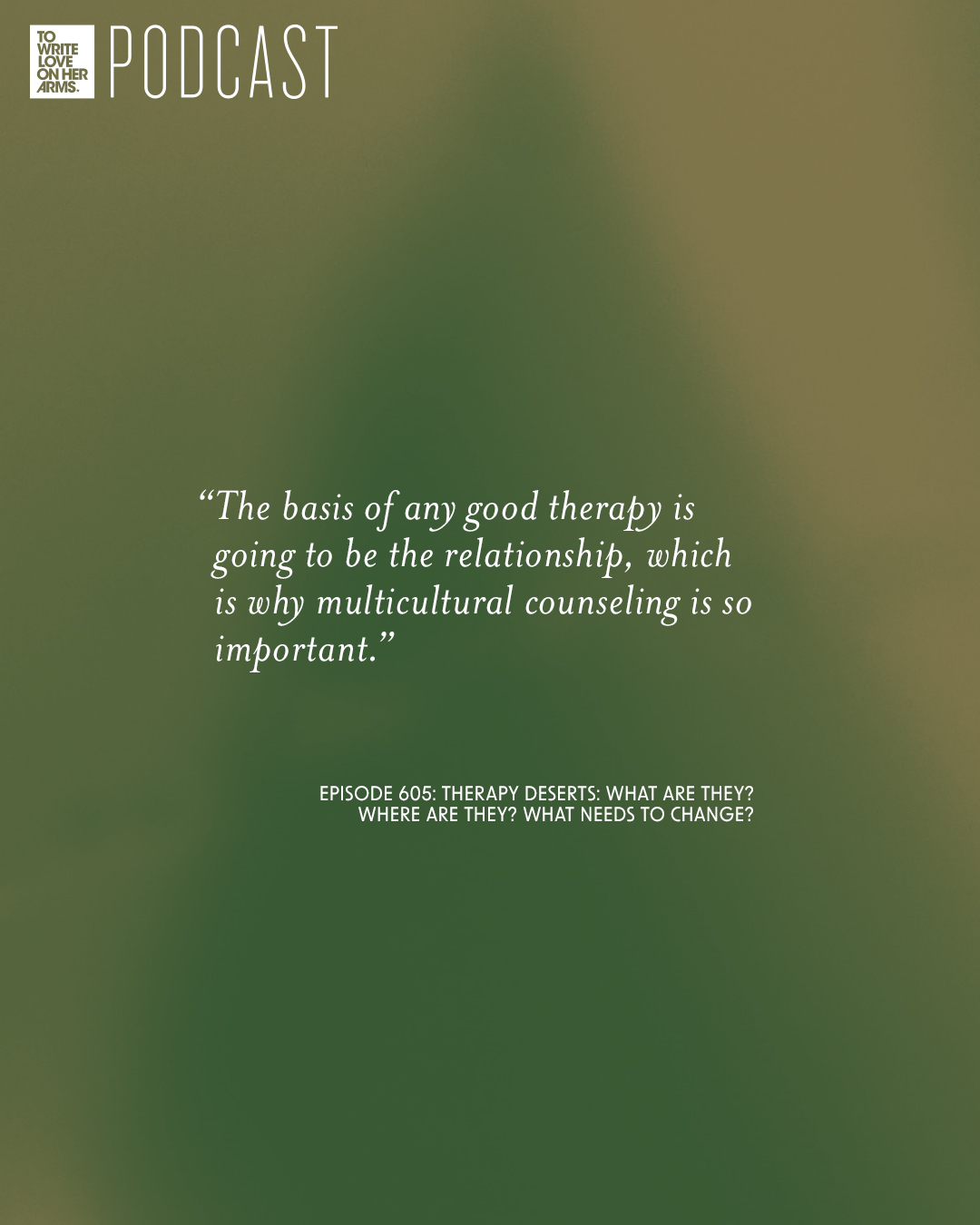

The term “therapy desert” is relatively new. Or at least, many people are learning about it for the first time. Because while talking about and even going to therapy has become way less stigmatized over the course of the last three years, there are still places without the resources, necessary infrastructure (like internet access and public transportation), and even the language to be able to access it. Therapy costs money, a lot of money, but how can you address the financial barrier when there isn’t even a counselor within a 60-mile radius of where you live? And to put this into a number perspective: There are currently 570 counties in the US without psychologists, psychiatrists, or counselors. That’s 17% of counties in the country.
To assist us in answering some questions about therapy deserts like: What are they? Where are they? And what can we do to address them? We’re joined by two wonderful folks that are bringing professional and personal experience to the mic.
Our first guest is JoAnn or “Jodi” Davis, who is an MS, LPC, and NCC that currently works at a comprehensive homelessness program in Texas. She holds a Bachelor of Science in Biomedical Sciences from Texas A&M University and a Master of Science in Counseling from the University of North Texas. When not providing therapy or doing advocacy work, Jodi often volunteers at local therapeutic horsemanship programs. Jodi’s favorite hobbies include drinking way too much coffee, cruising down backroads, and taking selfies with various dogs and farm animals.
And our second guest is no stranger to this podcast. Bianca Mujica is TWLOHA’s Community Care Coordinator, which means her work focuses on finding inclusive and creative ways to connect with supporters online. She is a Mexican-American queer woman from Texas with a background in journalism and a love for language. Outside of work, she can be found eating lots of pasta, cuddling with her dog, and creating colorful pieces of art.

“The basis of any good therapy is going to be the relationship, which is why multicultural counseling is so important.”
This episode of the TWLOHA podcast was hosted by Chad Moses and produced by Rebecca Ebert. Music assistance was provided by James Likeness and Ben Tichenor.

Sign up for our newsletter to hear updates from our team and how you can help share the message of hope and help.
Join our list